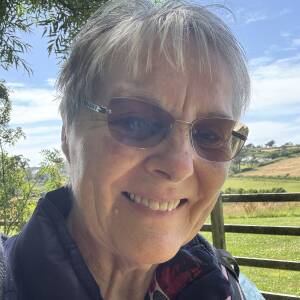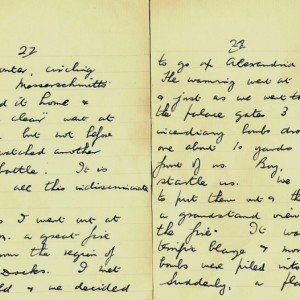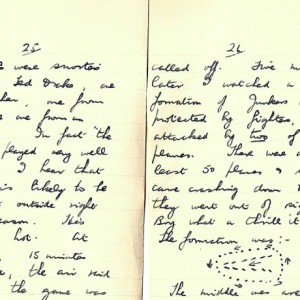Remembrance Sunday. 11th November 2018.
Today is the 100th Anniversary of the day the guns fell silent at the end of WW1.
There have been many moving tributes and testimonies on both the radio and television.
It was supposed to be the "War to end all Wars" and League of Nations was set up in Europe as a result.
The irony is not lost as we are on the brink of leaving the European Union at a time when other big nations are jostling for position on the world stage.
Not a day to discuss the impending falling of the cliff that is Brexit.
My dad Leslie Milford Smith, whose middle name our son Matthew carried proudly, was stationed in London during the Blitz working with the Army Pay Corps before eventually going to France on D-Day from Gosport, on the South coast. He landed at Ouistreham, Normandy, part of the Sword Beach head.
As I was sorting through some papers for him one evening when staying with him for several days up in Rossendale, Lancashire, I came across a piece of card carton (which had been folded over to make a cover) at the back of a drawer.
I took of the elastic band and discovered a notebook inside which had 179 pages of handwriting. Dad's.
I began to read it, and immediately felt I was in the presence of a young 20 year old man who had stated his intention, on the first page, to document his time beginning in September 1940.
I could not read anymore as it had obviously been hidden for a reason. I took it downstairs and showed it to him. I asked if I could read it.
He replied that I could but he did not want to re read it himself nor talk about it.
My two cousins were coming up later, dad's nieces, Susan and Margaret. We were like 3 sisters, being close in ages. I was in the middle and Margaret the younger. One year separating each of us.
The three of us were having a take-away from the local Indian restaurant, which made superb food.
He always left us to our own devices so we could have a good catch up! We set the table in the front room whilst he listened to his beloved radio in the backroom, cosy by the fire.
They lived relatively close by.
When we had settled at the table, and with dad's permission, I began to read the diary out loud as Margaret was blind, having been so since she was 8 years old.
We were enthralled at the first hand account of this young man and all he experienced.
At the end of the evening they went home and dad and I retired for the night.
The next morning I said to him it was an amazing piece of family history and part of mine and my sister's history, because he survived to come back again, marry mum, and have we two daughters. I asked if I could borrow it to scan into the computer.
His very words were "You can do what you like with it, but I do not want to know".
He became increasingly frail, in the latter part of 2008 and I had the task of sorting out his care, as my sister, 5 years younger than me, was still working full-time over in North Yorkshire.
In 2009 he went into a lovely residential care home in May. Then my sister had a stroke in the July of that year, age 56.
I took him over the Pennines to see her a few weeks later. I had got a wheelchair for him at this point. She was in hospital 6 weeks.
The next thing was to sell his house, at his request and it was sold and emptied just before Christmas of the same year.
He died in March 2010 aged 91 years old and I had the diary published privately as a legacy for the family, also having several more copies to raise money for Guide Dogs for the Blind.
His grandchildren, nieces and nephews each have a copy as well as the immediate family.
Today I remember all the men who fought and died in those two wars and indeed any other continuing conflicts.
"At the going down of the sun
And in the evening,
We will remember them"
Extras of extracts from the diary.



Comments
Sign in or get an account to comment.


